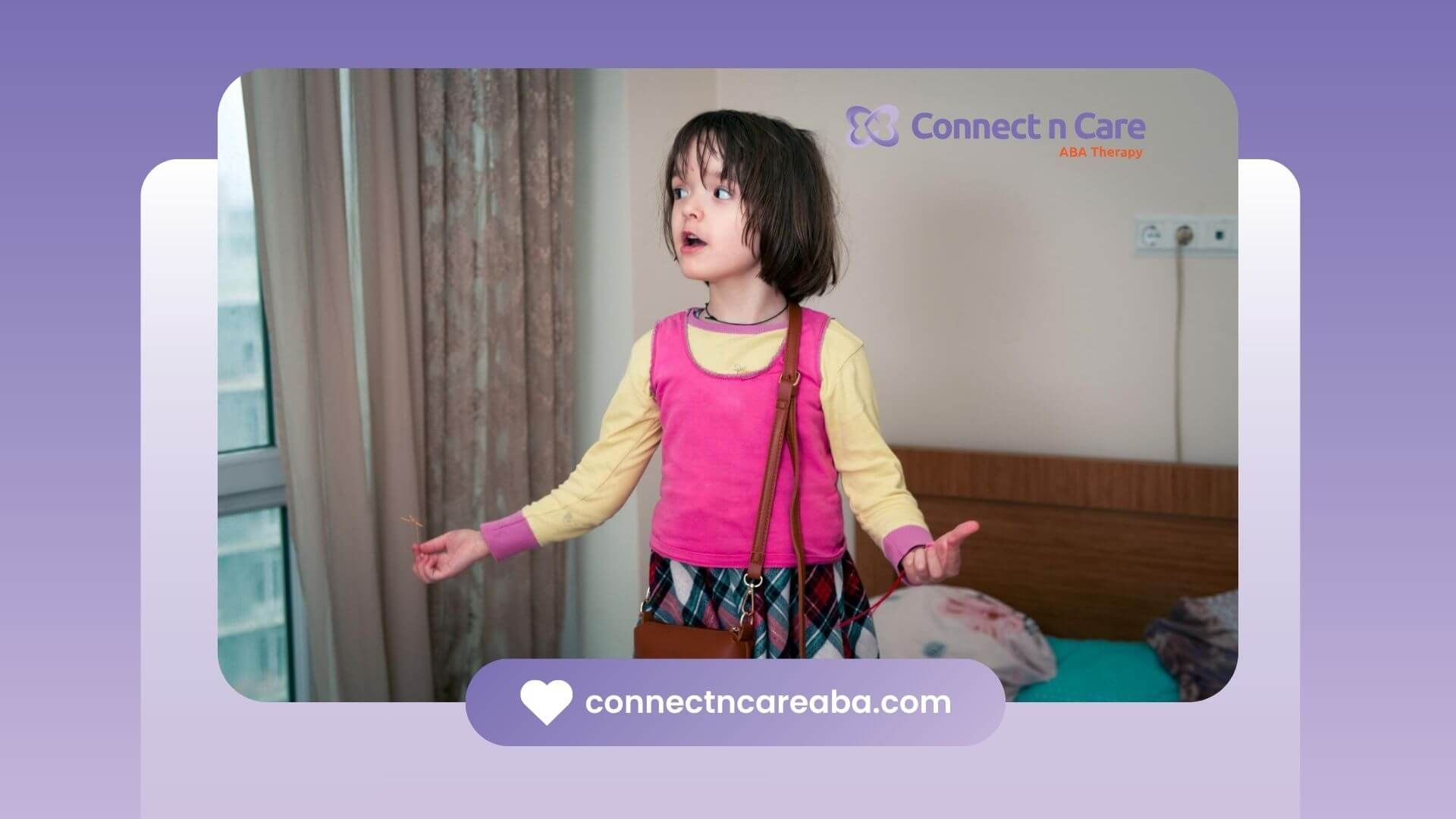Behavior Technicians play a key role in delivering quality Applied Behavior Analysis (ABA) therapy. Here we’ll explore the responsibilities, qualifications, and benefits of being a Behavior Technician, highlighting a rewarding career path that positively impacts families and individuals.
What is a Behavior Technician?
A Behavior Technician is a dedicated professional who works closely with individuals receiving ABA therapy. They provide direct, one-on-one support, implementing behavior intervention plans designed by Board-Certified Behavior Analysts (BCBAs). Behavior Technicians are instrumental in helping individuals develop necessary skills, overcome challenges, and improve their overall quality of life.
Training and Qualifications
To become a Behavior Technician, individuals undergo rigorous training and meet specific qualifications. This typically includes completing a Registered Behavior Technician (RBT) certification, which involves lengthy coursework, supervised experience, and passing a competency assessment. RBTs also engage in ongoing professional development to stay current with best practices in the field.
What do RBTs do?
1. Assess Client Needs
Behavior Technicians play a crucial role in assessing the unique needs of each client. They collaborate with BCBAs to gather data and identify areas for skill development. By understanding the individual’s strengths, challenges, and goals, Behavior Technicians help implement effective treatment plans.
2. Implement Behavior Intervention Plans
Behavior Technicians are responsible for implementing behavior intervention plans developed by BCBAs. They work directly with individuals, employing evidence-based techniques to teach new skills, modify behaviors, and promote independence. Behavior Technicians provide ongoing support and guidance, ensuring consistency and progress in therapy.
3. Document and Collect Data
Accurate documentation and data collection are essential aspects of ABA therapy. Behavior Technicians meticulously record observations, interventions, and progress made during therapy sessions. This data serves as a valuable tool for assessing effectiveness, making informed decisions, and adjusting intervention plans as needed.
Benefits of Being a Behavior Technician
1. Personal Satisfaction
Working as a Behavior Technician offers immense personal satisfaction. Witnessing the positive impact of your efforts on individuals’ lives can be incredibly rewarding. Behavior Technicians have the privilege of helping individuals with autism and other developmental challenges achieve their goals, develop essential skills, and navigate daily life with increased independence.
2. Professional Growth
A career as a Behavior Technician also provides opportunities for professional growth. With experience and further education, Behavior Technicians can advance their careers by pursuing higher-level certifications, such as becoming a Board Certified Assistant Behavior Analyst (BCaBA) or even a BCBA. This field offers continuous learning and development, fostering a rewarding and fulfilling professional journey.
Conclusion
The role of a Behavior Technician at Connect n Care ABA is integral to delivering effective ABA therapy and positively impacting the lives of individuals with autism and other developmental challenges. Through their dedication, expertise, and compassionate approach, Behavior Technicians make a significant difference in promoting skill development, reducing challenging behaviors, and enhancing the quality of life for those they serve.
If you are passionate about helping others and making a lasting impact, a career as a Behavior Technician may be the perfect fit for you.
Join Connect n Care ABA today and embark on a rewarding journey of transforming lives.
What is the role of a Behavior Technician in ABA therapy?
A Behavior Technician (often called a Registered Behavior Technician or RBT) works under the supervision of a Board Certified Behavior Analyst (BCBA). They implement treatment plans, track progress, and provide direct support to individuals with autism, helping them develop communication, social, and daily living skills.
How does ABA therapy benefit children with autism?
ABA therapy uses evidence-based strategies to teach functional skills, improve independence, and reduce challenging behaviors. It is widely recognized as one of the most effective interventions for children with autism, helping them thrive at home, school, and in the community.
What qualifications are needed to become a Behavior Technician?
Behavior Technicians typically complete specialized training and may pursue the RBT credential. This ensures they have a strong foundation in ABA principles and are prepared to deliver therapy effectively under BCBA supervision.









